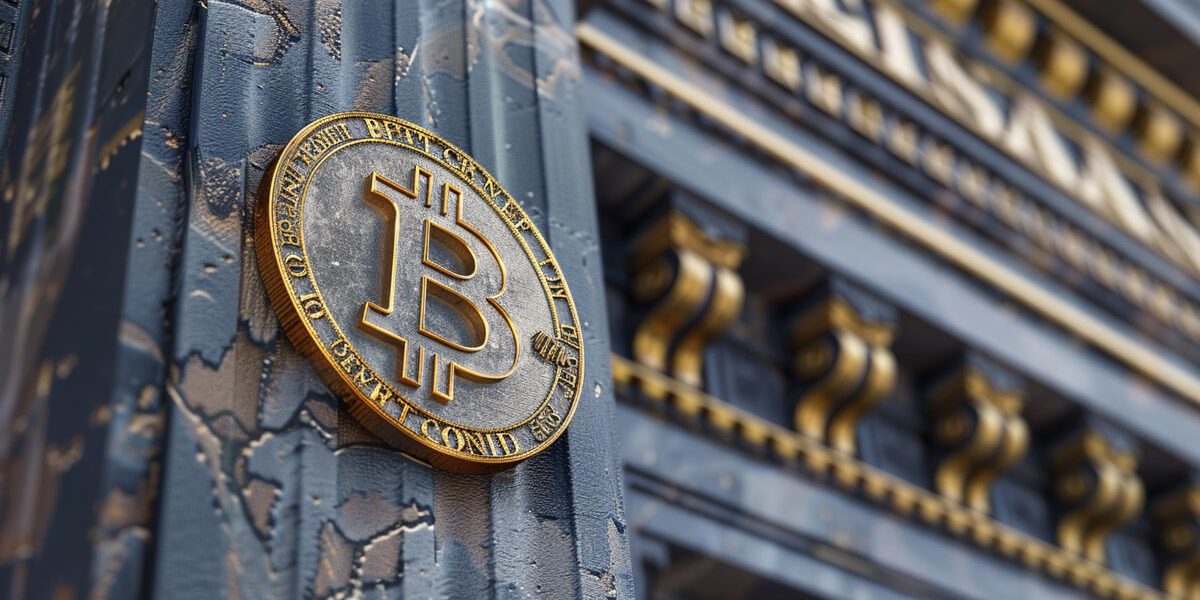FDIC interim chair calls crypto debanking ‘unacceptable’ amid concerns over Operation Chokepoint 2.0

Federal Deposit Insurance Corporation (FDIC) interim Chair Travis Hill acknowledged the agency’s role in “debanking” crypto firms during a speech in St. Louis on Jan. 10.
Hill pointed to accounts of crypto-related businesses losing access to banking services without explanation, placing them alongside historically debanked groups such as politically disfavored industries and individuals associated with controversial religious or political affiliations.
He asserted that such efforts are “unacceptable” and incompatible with the FDIC’s mission to reduce the number of unbanked Americans. Hill added:
“A longstanding goal of the FDIC’s has been to decrease the number of people who are unbanked. Efforts to debank law-abiding customers are unacceptable.”
Hill’s remarks bring new clarity to what critics have called “Operation Chokepoint 2.0,” an alleged effort by the President Joe Biden administration to hinder US crypto industry growth.
He further urged regulators to end debanking practices and emphasized that the FDIC must ensure no staff members engage in tactics that pressure banks to drop law-abiding customers.
Nic Carter, co-founder of Coin Metrics, said Hill’s admission is a “massive sea change at the agency.” He added that he expects things will “change in a huge way” on Jan. 20, when President-elect Donald Trump takes office.
No more pause letters
The interim chair also criticized the FDIC’s current approach to crypto, which he described as overly cautious and stifling innovation.
He highlighted revelations that the FDIC sent “pause” letters to over 20 banks, instructing them to halt crypto-related activities. These actions, he said, contributed to the perception that the FDIC is hostile toward blockchain and distributed ledger technologies.
Recently, Coinbase chief legal officer Paul Grewal shared some of the pause letters, revealing that the FDIC asked banks to halt or avoid offering crypto-related services and simple products such as Bitcoin (BTC) buying.
Hill called for resetting the agency’s digital asset strategy and advocated for clear and transparent guidance on legally permissible activities and how to conduct them safely.
He noted:
“A better approach would have been to outline expectations on the front end, with public feedback, rather than engage in piecemeal enforcement actions.”
Hill also discussed the broader implications of regulatory oversight of crypto-related activities like staking and lending. He acknowledged that the FDIC’s cautious stance has hampered innovation and urged regulators to provide timely approvals for activities that meet safety and soundness standards.
The interim chair connected the debanking issue to broader compliance challenges under the Bank Secrecy Act (BSA). He argued that banks often opt for account closures to avoid potential penalties for inadequate compliance, further exacerbating the debanking problem.
Hill called for reevaluating the BSA regime to ensure its implementation does not inadvertently harm law-abiding customers.
His remarks come ahead of the FDIC’s leadership transition, which begins on Jan 20. Hill emphasized the need for a balanced approach to bank supervision, particularly regarding innovation and technology adoption.
Hill also suggested that the FDIC modernize its policies to keep pace with the evolving financial landscape while upholding safety and soundness principles.
The interim chair expressed optimism that the FDIC could strike a better balance in the coming months. One way to do this is to reinvigorate the agency’s innovation lab, FDiTech, and foster greater collaboration between regulators and the fintech industry.
Mentioned in this article




